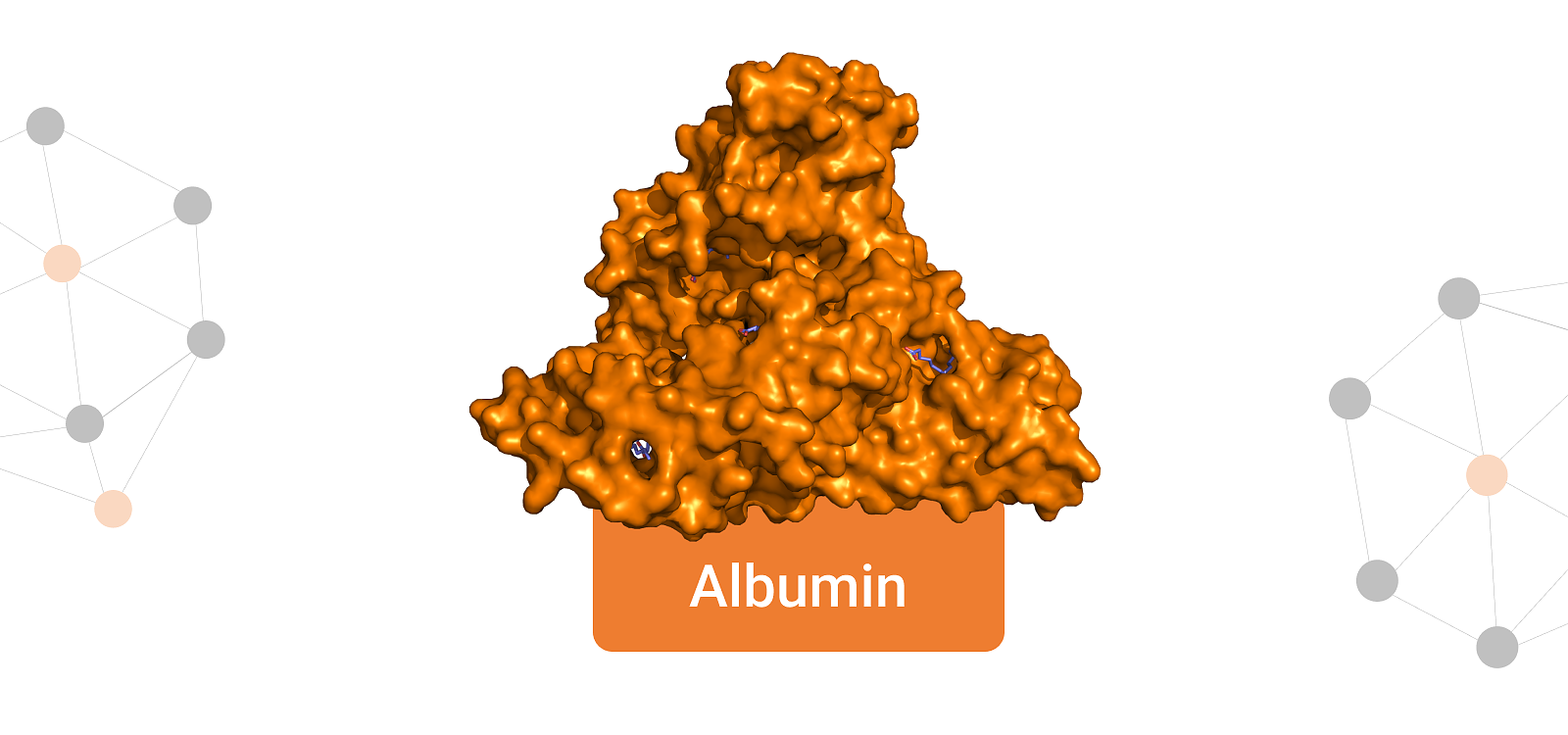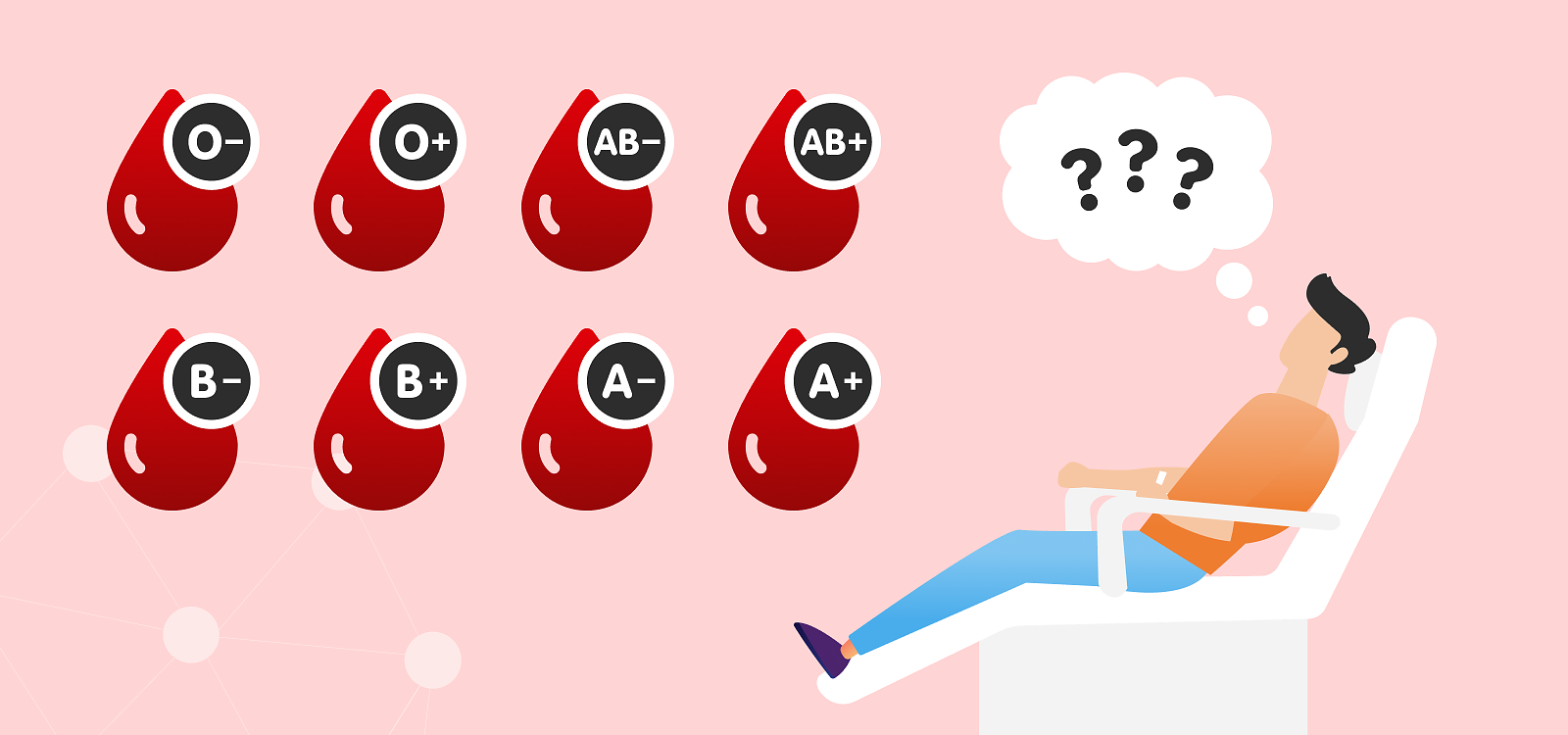Parameter Tuesday: ALBUMIN
Albumin is one of the most abundant proteins in your blood; it makes up to 65% of proteins in your plasma. Your liver produces 9-12g of albumin a day which is released into the bloodstream. Albumin maintains fluid balance in your body; it ensures that the fluid stays in your blood vessels and doesn't leak into your tissues. Albumin also transports hormones - especially fat-soluble hormones, vitamins, enzymes, toxic heavy metal ions, and pharmaceuticals around your body.
Low levels of albumin or hypoalbuminemia are connected to various medical conditions. Albumin levels drop in the presence of liver disease such as cirrhosis, hepatitis, or fatty liver disease. Albumin is normally excreted in the urine in very small amounts. When excess excretion occurs and albumin levels in your blood drop, this points to kidney disease. Malnutrition, malabsorption, thyroid disease, burns, or certain digestive diseases can all cause your albumin levels to drop. Albumin is also an acute phase reactant, meaning its value drops in the presence of acute disease states.
While low albumin levels are clinically important, high albumin levels or hyperalbuminemia doesn't have much diagnostic significance. Albumin levels are usually elevated in cases of dehydration or after excessive albumin infusion.






